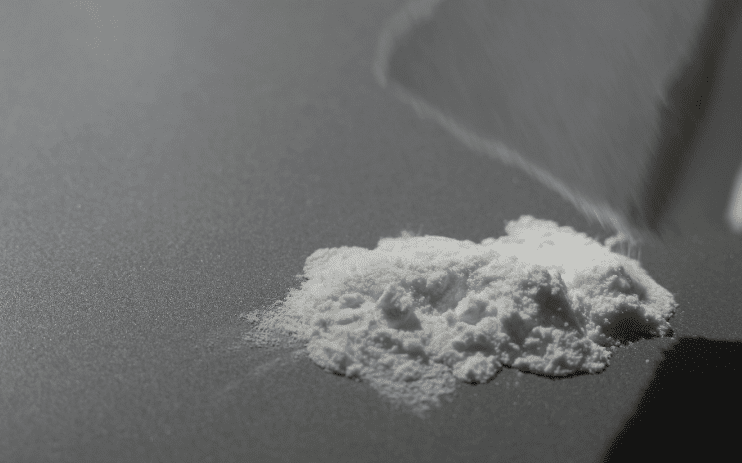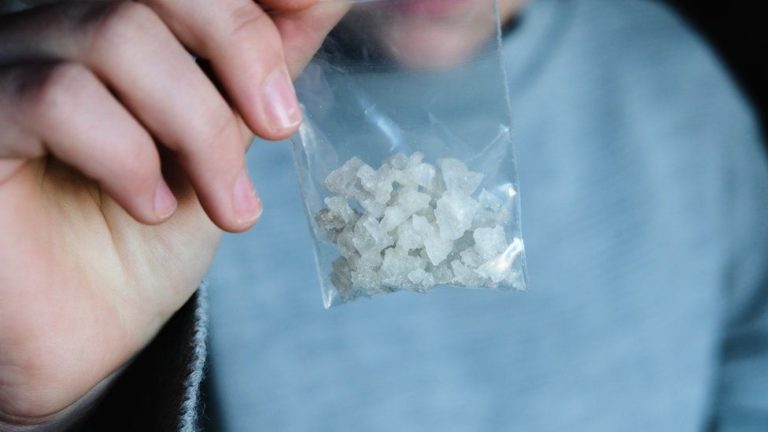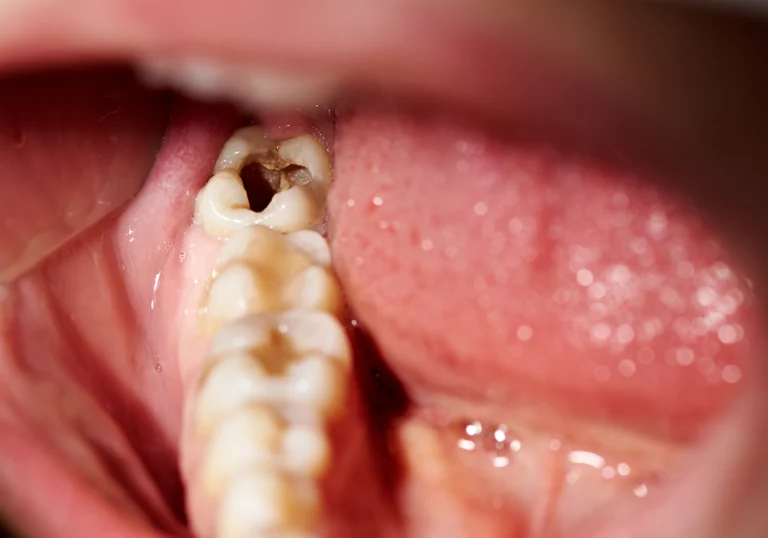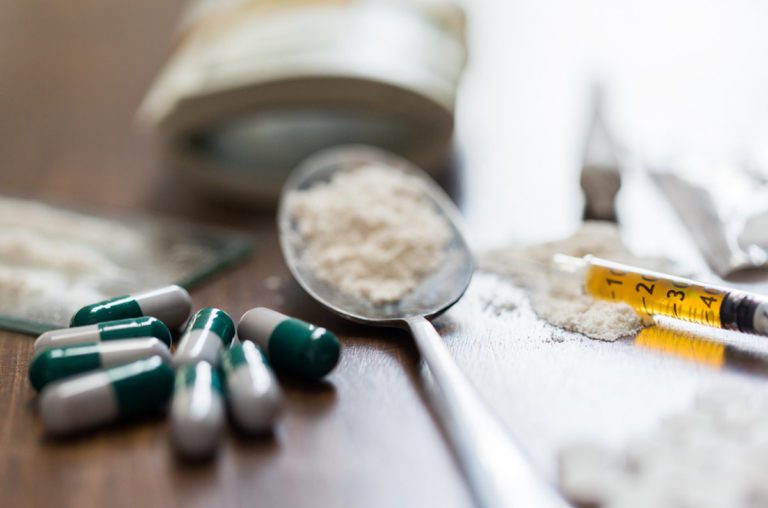5 Ways to Prevent a Crack Cocaine Relapse
An addiction of any kind has a number of serious effects on the human body, even after a person becomes sober. Unfortunately, these effects often linger, which can sadly lead to a relapse. Thankfully, there are several ways a person with a crack cocaine addiction can expand and improve their relapse prevention strategies.
What is Crack Cocaine?
Like powder cocaine, crack cocaine is a highly addictive and powerful stimulant. This form of cocaine has been processed, making it into a rock crystal. These crystals can then be broken down and smoked by users. By smoking crack cocaine, the vapors are absorbed into the user’s lungs, allowing the substance to enter the bloodstream and give users a nearly instant high.
How Does Crack Cocaine Affect a Person?
Crack cocaine affects a person in a number of ways in both the short and long term. According to the United States National Institute on Drug Abuse, one of the most serious effects of a crack cocaine addiction occurs in the brain. When crack cocaine enters the bloodstream, it travels to the brain. Once there, it causes the release of dopamine, which gives a person feelings of pleasure and happiness. However, releasing dopamine through crack cocaine use damages the part of the brain responsible for dopamine release. Once damaged, it can be harder for a person to feel joy with or without the use of crack cocaine.
Although a crack cocaine addiction has an immense effect on the brain, it often affects other areas of the body as well. In the short term, crack cocaine can cause increased sensitivity, irritability, paranoia, higher body temperature, and blood pressure, restlessness, loss of appetite, and an inability to sleep. In the long term, a crack cocaine addiction can lead to poor nutrition, weight loss, asthma, and lung damage.
5 Ways to Prevent a Crack Cocaine Relapse
To avoid the damaging effects of a crack cocaine addiction, it is best to seek addiction treatment to become sober. However, becoming sober does not mean a person has entirely overcome their addiction. Sobriety requires constant effort but can be made easier through relapse prevention strategies. The following are five strategies to help prevent a crack cocaine relapse:
1. Therapy
One of the most common treatments for addiction is therapy. Counselors and therapists who specialize in treating individuals with addictions can help their patients work through the mental aspect of their addiction. In doing so, the patient can discover what made them want to use crack cocaine and develop healthier strategies for coping with that desire — instead of relapsing.
2. Anticipating and Avoiding Triggers
Addiction therapy is not the only way of addressing the mental aspect of an addiction. One of the most important factors in relapse prevention is discovering, anticipating, and avoiding one’s triggers. For example, if a person often used crack cocaine when hanging out with their friends, then those friends may become a trigger later on. In some cases, it is best for newly sober individuals to avoid anything that might trigger a desire for drug use. Doing so will lessen the risk of a relapse.
3. Lean on a Support System
Another effective way to prevent a crack cocaine relapse is by building and leaning on a support system. A support system is a group a person surrounds themselves with to support their sobriety. This group can be made up of any number of individuals, but typically, sobriety support systems consist of family, friends, support group members, and a counselor or therapist who specializes in addiction.
4. Meditation
Though it may seem unorthodox, meditation is another proven relapse prevention strategy. Meditating allows a person to focus and forces them to be with themselves. In doing so, meditation can help a person develop their self-reflection skills, which can often help them identify their triggers. Meditation can also serve as a means to cope when a person is triggered. The process of meditating forces a person to push everything out of their mind, including a desire to use crack cocaine.
5. Healthy Hobbies
For many, a crack cocaine addiction becomes the center of their life, so when a person becomes sober, it can often be difficult to figure out how to spend their time. Unfortunately, boredom usually leads to a relapse, so to avoid that, it is ideal for newly sober individuals to find healthy hobbies to occupy their time and distract them from any desire to use drugs like crack cocaine. Healthy hobbies can include art, writing, sports, gardening, and more.
Assistance for Relapse Prevention is Available Near You!
A crack cocaine addiction can have several adverse effects on a person’s life, even after they become sober. In order to stay sober and avoid a relapse, one must use relapse prevention strategies. Although it can be difficult to maintain one’s sobriety, it can be made easier by seeking addiction therapy, anticipating and avoiding one’s triggers, leaning on a support system, meditating, and finding new, healthy hobbies.
For more information on relapse prevention for a crack cocaine addiction, contact Oasis Recovery today! Our team of addiction specialists can answer your questions and even recommend a number of programs and methods to aid in relapse prevention.











